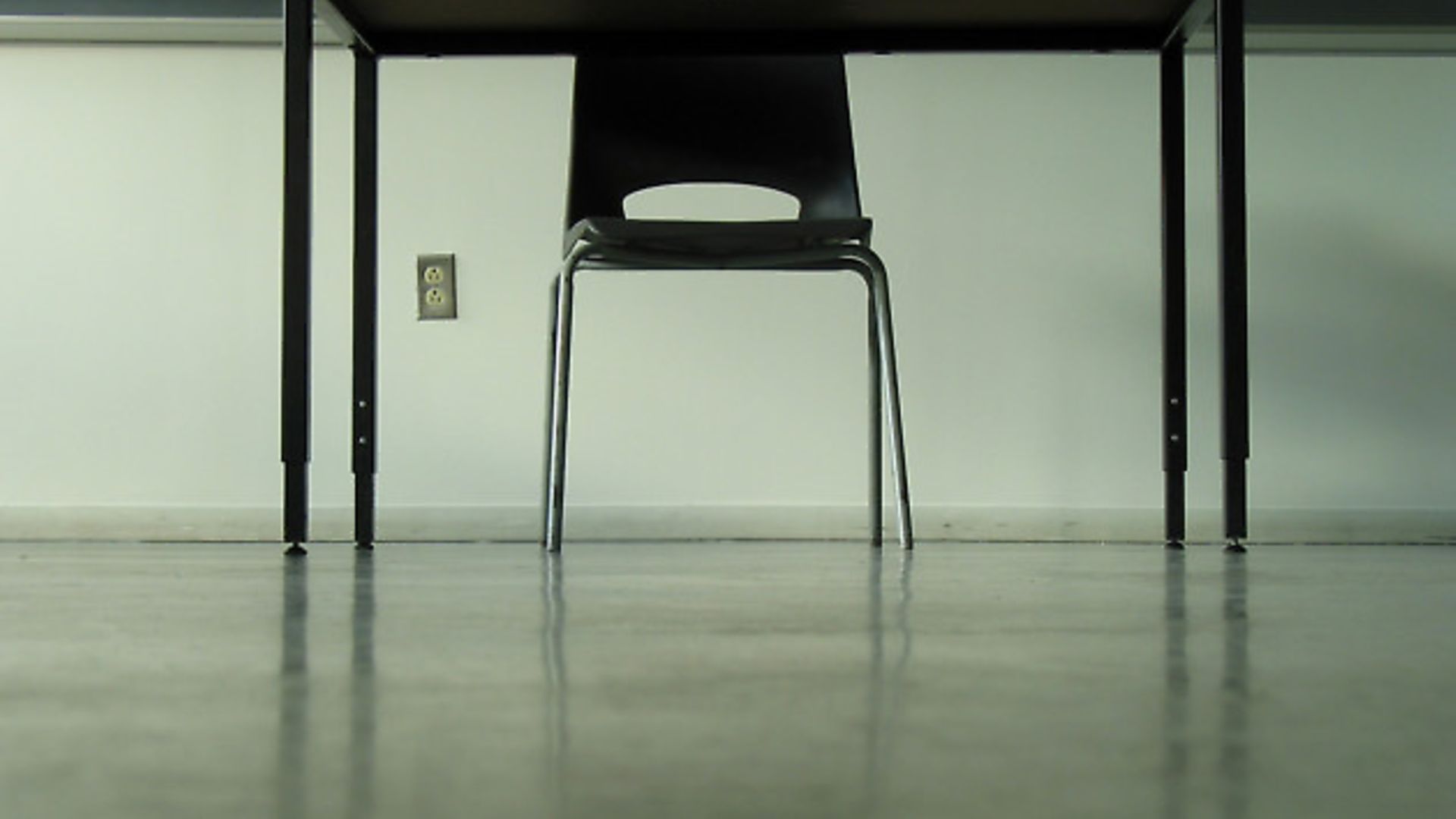
Student bodies are carving out small but significant spaces in which nobody is automatically entitled to a stage on which to trumpet their views – even if this upsets and offends them.
Student activists are under fire for curtailing freedom of speech at our universities. Highbrow papers sternly warn of a generation of ‘snowflake students’ who want to be coddled and cocooned from harmful thoughts. Tabloids, too, panic over ‘Orwellian’ decisions by students who refuse to engage with uncomfortable speakers. And even Theresa May – hardly the greatest supporter of free speech, as her support for the Snooper’s Charter and Prevent strategy has shown – has now chimed in.
She has raised fears about threats to freedom of speech in universities. In particular, she criticised ‘safe space’ policies, used by several student organisations to allow participants to debate without feeling threatened or excluded – particularly on grounds of sexuality, gender or ethnicity. Safe spaces are hardly a controversial vision, but they are loosely defined. And pundits and politicians worry that, as a result, they encourage restrictions on who is allowed to speak. A small number of controversial decisions to cancel or ban speakers at campuses last year led to an open letter from activists and academics. The subsequent furore sparked off further cries to protect freedom of speech, and commentators and politicians across the political spectrum have since incessantly denounced the perceived illiberal actions of uptight students.
But there is scant evidence to suggest such censorship actually takes place at any meaningful level: nearly all the examples given in the open letter were deeply contested, and many purported ‘bans’ have simply been cancellations due to factors as mundane as room changes and ticket sales. Even when the speaker involved has been controversial, invitations have only been rescinded at the discretion of those organising the talk. With the notable exception of Julie Bindel – who was ‘no-platformed’ by the National Union of Students for allegedly transphobic comments – nearly every case of censorship has been a small student body exercising their democratic right to choose who they invite into their university space.
The dearth of these much-maligned Stasi students is somewhat surprising, given that there are 154 universities in the UK and more than two million supposed snowflakes enrolled in them. But this is because campus censorship is neither as widespread nor deep-rooted as the media suggests. For every genuine instance of illiberal behaviour by student bodies there are a dozen comment pieces bemoaning the new cotton wool generation.
Such distortions have bigger implications for freedom of speech than censorious students do. Though commentators complain of being ‘silenced’ – as they loudly proclaim in their national newspaper columns – the students they disparage are left with no right of response.
As the National Union of Students points out, the right to speak is very different from the right to a platform, and this is at the heart of the debate around safe space policies. Student bodies are carving out small but significant spaces in which nobody is automatically entitled to a stage on which to trumpet their views – even if this upsets and offends them. Critics still reject this: they fear that restricting unsavoury speakers, even if only occasionally, will still result in closed-minded students who are not exposed to the real world. This is quite patently absurd. To simply walk down the street in Britain as a woman, or as a disabled person, or as an ethnic minority – or, for instance, all three – can result in harm ranging from verbal abuse to physical violence.
All this is fuelled by the same ‘controversial’ and ‘thought-provoking’ ideas that are aired every day on TV, and in newspapers, and in books and films and songs and just about every aspect of life. The students that safe space policies protect are no strangers to ‘uncomfortable’ ideas; unlike the critics, they live them on a daily basis.
The rejection of evidence-based discussion, the incessant hyperbole, and the sheer lack of academic rigour from critics of safe space policies is deeply frustrating for both students and academics. There is an argument to be had about freedom of speech on campus – plenty of students do find the NUS’ approach overly heavy-handed – but this is hampered by childish critiques from disconnected journalists and politicians.
Such posturing has created an environment that is actively harmful to meaningful debate and the flow of ideas. Is anybody surprised, then, that the current generation of students do not venerate freedom of speech as religiously as their parents? Recent months have shown that prejudice and lies regularly trump facts and reason. Politicians promise sums of money that demonstrably don’t exist, columnists describe refugees as ‘cockroaches’ – using the same sickening language which triggered the Rwandan genocide – and propaganda posters redolent of the Third Reich are printed by political parties. No student could feasibly argue Britain today is a safe space. But nor is it a rational one. If Theresa May really is concerned about promoting ‘innovation of thought’, universities should debate safe space policies on their actual merits – not on the lazy caricatures of those who haven’t even done their homework.
Ajit Niranjan is a fourth year civil engineering student at the University of Bristol









